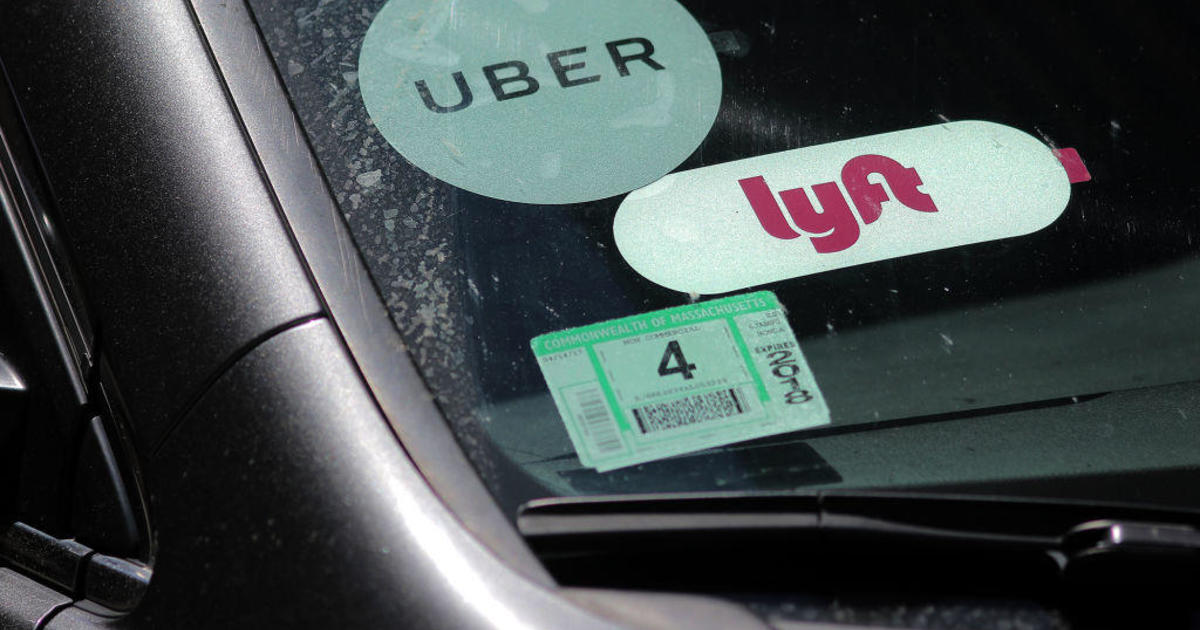Meeting On 'Fair Scheduling' Proposal Turns Into Shouting Match
MINNEAPOLIS (WCCO) -- There's a proposal that would affect workplace pay and scheduling for every business in Minneapolis, and small restaurant owners are leading the charge against the Minneapolis City Council.
A meeting about the proposal Thursday turned into a shouting match at the Common Roots Coffee Shop in south Minneapolis.
The biggest objection among small businesses that was voiced was not to paid sick leave but to a scheduling requirement for four weeks in advance and penalties for employers who did not comply.
The meeting was supposed to be a forum for some small business owners, like Common Roots owner Danny Schwartzman, to endorse the proposal.
"I don't want to see people in our community who can't afford to be sick," he said.
But the meeting descended into a shouting match.
Ruby Scher, a server, says she doesn't like the proposal's strict scheduling requirements.
"It's affecting my ability to have flexibility in my schedule, whether it's for serous reasons or for fun," she said. "That's the reason we have this job."
Many of the opponents were restaurants owners.
"Why does everything have to be about a penalty, and such a one-sided penalty?" Deepak Nath of Empire Entertainment said. "What if the employee calls in sick? Are they going to pay us predictability pay?"
Saed Wadi, the owner of the popular World Street Kitchen said, the restaurant business model is built on flexibility.
"Don't take [the flexibility] away from our employees," he said. "The city is asking us to change the way we do business."
Wadi also says many businesses don't even know about the proposal, which could be up for a vote in the Minneapolis City Council as soon as mid-November.
"I am certainly in favor of part of it," said Barb Johnson, the president of the Minneapolis City Council. "I am a nurse, and so I think sick leave is important for people."
Johnson says in the past week the council has been inundated with business owners objecting to the plan, and she expects there will be changes.
"There will be compromise," she said. "(I) can assure you of that."
The sick pay proposal is significant in that it includes part-time workers and a maximum of nine sick days per year for employees of big companies and five per year for employees of smaller companies.
If approved, the proposal could go into effect early next year.
To see the proposal, click here.



